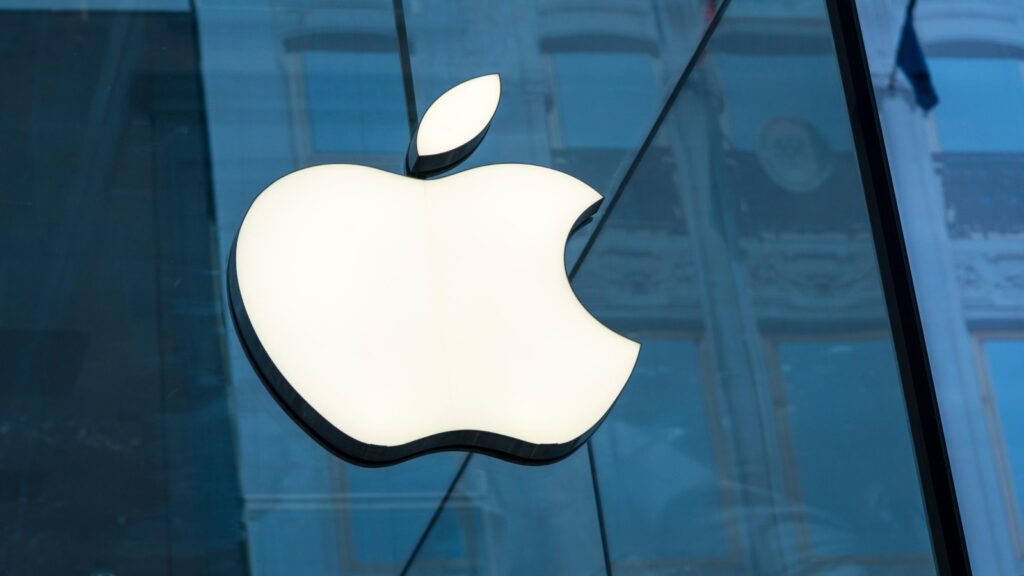Apple, Google & Meta In Midst Of Legal Fight Over Being Called "Bookies"

Promo Code: BOOKIES
When is a “bookie” actually a bookie? That is a question that could end up in the Supreme Court.
Three of the world’s largest corporations – Apple, Google, and Meta – are amid a court fight that could force internet service providers and platforms that process betting payments to operate under the same regulations that govern legal sports betting, casino, and fantasy sports.
The companies are appealing a judge’s ruling that said Section 230 of the Communications Decency Act does not shield them from being considered “bookies” because they process the purchase of virtual betting chips that are used in online casino games.
U.S. District Judge Edward Davila of San Jose, California, ruled that the companies processing payments for the casino apps are no different from the betting apps themselves.
In a pleading to the 9th U.S. Circuit Court of Appeals last week, the companies said that if online hosting platforms are held liable for processing the purchase of these betting chips, the internet economy as we know it could collapse.
Section 230: Big Tech Corps Legal Shield
Section 230 has been used to grant search engines, social media sites, and online app stores broad immunity in terms of protection from any user content posted on their platforms. If Section 230 did not exist, these companies would have to monitor everything that happens or is posted on their platforms, a practical impossibility.
They are in a sense considered no different than utilities like traditional phone companies, cable providers, or electric and gas companies. All have been shielded from any civil or criminal penalties that occur from their use.
In the lower court case decided in 2022, Judge Davila ruled that those companies that process the payment claims are not protected by Section 230. Multiple class-action suits have been filed on behalf of casino users located in states that either prohibit or heavily regulate gambling. The judge, however, dismissed another claim that the companies were liable for offering access to the apps.
RELATED: New Jersey Regulators Investigate Proxy Betting Scheme
In the casino case, the appeals court is all but certain to overturn the lower court ruling, according to one legal analyst.
“The Ninth Circuit, especially in light of the U.S. Supreme Court’s recent decisions (which obviously did not exist when Davila made his decision in 2022), will reverse Davila,” said Shepard Broad College of Law at Nova Southeastern University professor and gambling law expert Bob Jarvis. “This is a Section 230 case with a gambling twist,” Jarvis added.
The key element in this case is that the internet platforms were collecting service fees, or otherwise sharing in any of the profits of the third parties. Judge Davila ruled that this makes them electronic bookies.
“This ruling obviously is incorrect—Section 230 does not make an exception for gambling. The U.S. Supreme Court wasn’t even willing to make an exception for terrorist activities” Jarvis said. “Davila realized that he was on shaky ground, and so he invited the parties to appeal his ruling. A quite extraordinary, but not unprecedented, step.”
U.S. Supreme Court Sided With Google & Twitter
The Supreme Court ruled in May that Twitter and Google were not liable for terrorism-related content. In one case, the court said Twitter was immune from a law that allows for lawsuits regarding terrorism. The court also sided with Google in a separate attempt to roll back parts of Section 230.
Those cases did not, however, discuss what responsibility those platforms may have in the future. Both sides filed an appeal of Davila’s decision. The plaintiffs in the case appealed the parts of their claims that were dismissed. The appellate process is expected to last until at least December.
D.C. Court To Reinstate Legal Sports Betting In Florida
In another gambling-related case, a federal appeals court took more than 19 months to issue its decision concerning the Florida gaming compact. A lower court federal judge ruled that that compact was illegal in November of 2021.
The U.S. Court of Appeals – D.C. Circuit ruled this past June that the lower court judge was wrong in overturning the compact and demanded it be reinstated. The deadline for an appeal in that case is later this month.
About the Author

Bill Speros is an award-winning journalist and editor whose career includes stops at USA Today Sports Network / Golfweek, Cox Media, ESPN, Orlando Sentinel and Denver Post.
Comments